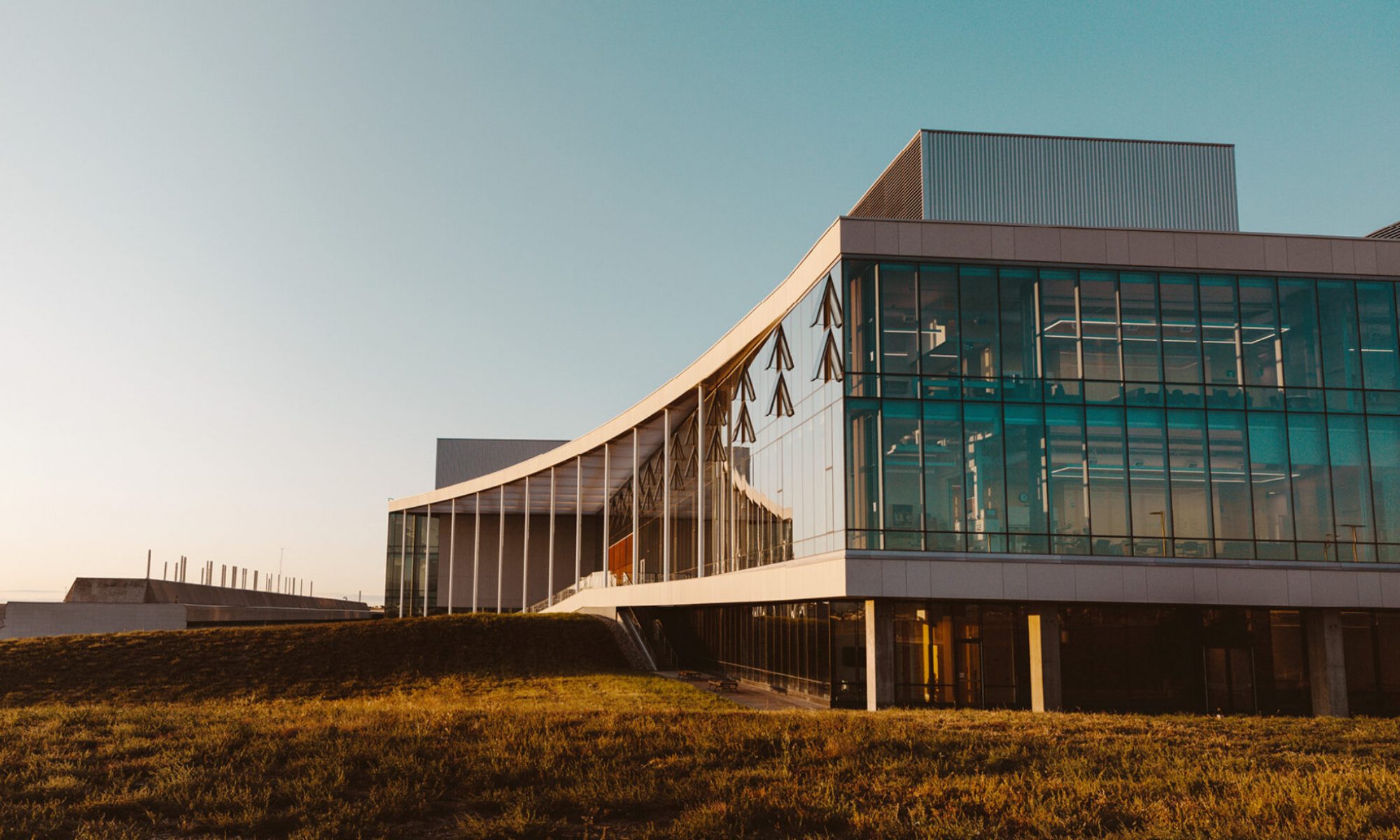Artur Luczak (TrainBioData Program Director); Dr Luczak was elected to the College of the Royal Society of Canada (2016) and was awarded NSERC Accelerator (2015) and CIHR project + priority funding for Data Science (2019). He has a degree in Biomedical Engineering and can supervise students to develop ML methods to analyse complex interactions between neurons (e.g., Luczak et al. Nature Machine Intell. 2022; Barbosa et al. Nature 2023), to detect changes in neurological disorders (e.g. Neumann et al. Brain 2017), and to use Deep Neural Network to analyse behaviour (Ryait et al. PLOS Biol. 2019).
Rob Sutherland (FRSC) is the Director of the CCBN, chair of the Neuroscience Dept. at the U of L and he is a Board of Governors Research Chair in Neurosci. He received funding from CIHR, NIH, and SERC (including Accelerator) among others, and his h-index is 66. He can supervise students on Data Science projects to study memory, neurogenesis and neural circuit regeneration. Moreover, he is Director of the Centre for Neuroengineering Solutions at UofL, supported by Western Economic Diversification Canada program, which is developing ML methods for animal research and livestock management.
Bruce McNaughton (FRSC) is a Board of Governors Research Chair in Neuroscience, and the first recipient of the Alberta Heritage Foundation for Medical Research Polaris prize. He is among the top five cited Neuroscientists in Canada (h-index 120). He has made significant contributions to the understanding of synaptic plasticity and information processing in the brain, and he can supervise students using Data Science methods to study those topics.
Gerlinde Metz is a Board of Governors Research Chair in Neuroscience. Her work has been funded by NSERC, CIHR, NIH, and CFI, among others, and she was awarded an NSERC Accelerator (2019). She is an expert in developing quantitative behavioural tests and linking these to omics biomarkers. She can supervise students in using ML to link behavioural measures to epigenetic and metabolomic changes.
Cheryl Currie is a former AIHS Translational Health Chair in Indigenous Health and works closely with Blackfoot communities. She is an epidemiologist and expert in biostatistics. Before becoming an academic, Dr. Currie worked as a Research and Policy Analyst in government. She understands the unique skills that new data scientists need to thrive in the public sector. She can supervise TrainBioData trainees in application of Data Science for human research design, analysis, reporting, and ethics; with the goal of producing graduates who can make contributions across various employment sectors.
Olga Kovalchuk is a Board of Governor’s Research Chair in Cancer. In 2008-2018 she held a CIHR Chair in Gender and Health. She has published over 200 peer-reviewed research articles, and most of them are highly influential as evidenced by her h-index of 67. Many of her publications use Data Science methods to study the mechanisms of health and disease, and the role of epigenetics in cancer, other age related diseases and aging itself, and she has an excellent record in supervising students on such projects.
Claudia Gonzalez is a former Canada Research Chair and current Board of Governors Research Chair. She is the director of the Brain in Action Lab, a CFI-funded facility for the study of sensorimotor control and cognitive development in humans, with a special focus on children from underserved communities. She has expertise in supervising students in analysing cognitive and behavioural data sets.
Nehal Thakor is the CAIP Chair in Synthetic Biology and RNA-based systems and member of BioNet Alberta. Before coming to the U of L, he was a senior scientist at BioVectra Inc, and has been a co-PI on industrial-stream RNA Innovation CREATE program. This gives him a unique perspective on how to prepare students for careers in industry. In particular, he can supervise trainees on bioinformatics projects, and how to use Data Science in genomics.
Chelsea Ekstrand has been awarded a prestigious Future Leader in Canadian Brain Research grant (2023). She has an exceptional track record in imaging and cognitive neuroscience, and she can supervise TrainBioData trainees applying ML methods to fMRI data to study cognitive processes.
Majid Mohajerani is the recipient of the Henry JM Barnett award from the Heart and Stroke Foundation of Canada, the New Investigator award from the Alzheimer Society of Canada, and NSERC Accelerator (2021). He was awarded the Bryan Kolb Professorship (Research Chair in Neuroscience at the U of L) in 2020. From 2023 he has a faculty position at McGill University. Dr Mohajerani has a unique background in electrical engineering and neuroscience, thus his supervision strength is in employing cutting-edge Data Science technology to understand brain dynamics and behaviour in brain health and disease (e.g. Rynes et al. Nature Methods 2021).
Emma Towlson is an Assist. Prof. in the Dept. of Computer Science at the Univ. of Calgary. She is part of the Homeward Bound network, a global leadership program that promotes the impact of women in science on decisions that shape the future of our planet. She has significant expertise in supervising students on projects involving complex network analyses.
Program Coordinator: Mira Ello is providing administrative support for the development and implementation of the TrainBioData NSERC CREATE program. She holds a Bachelor of Science in Business Administration and a Bachelor of Management with a major in Accounting from the University of Lethbridge.
For any inquiries about the TrainBioData program, please feel free to contact Mira at: mira.ello@uleth.ca
